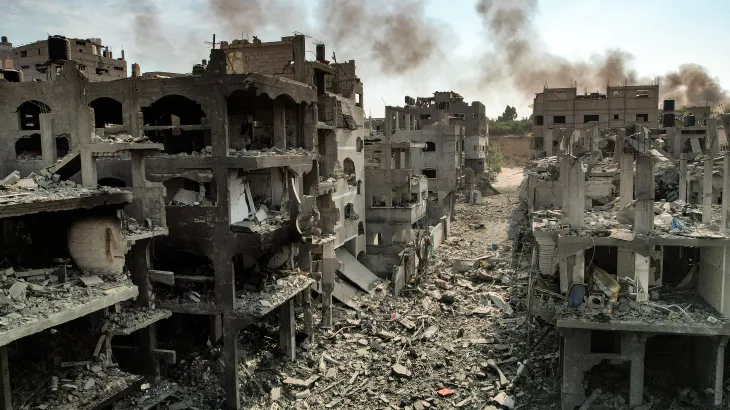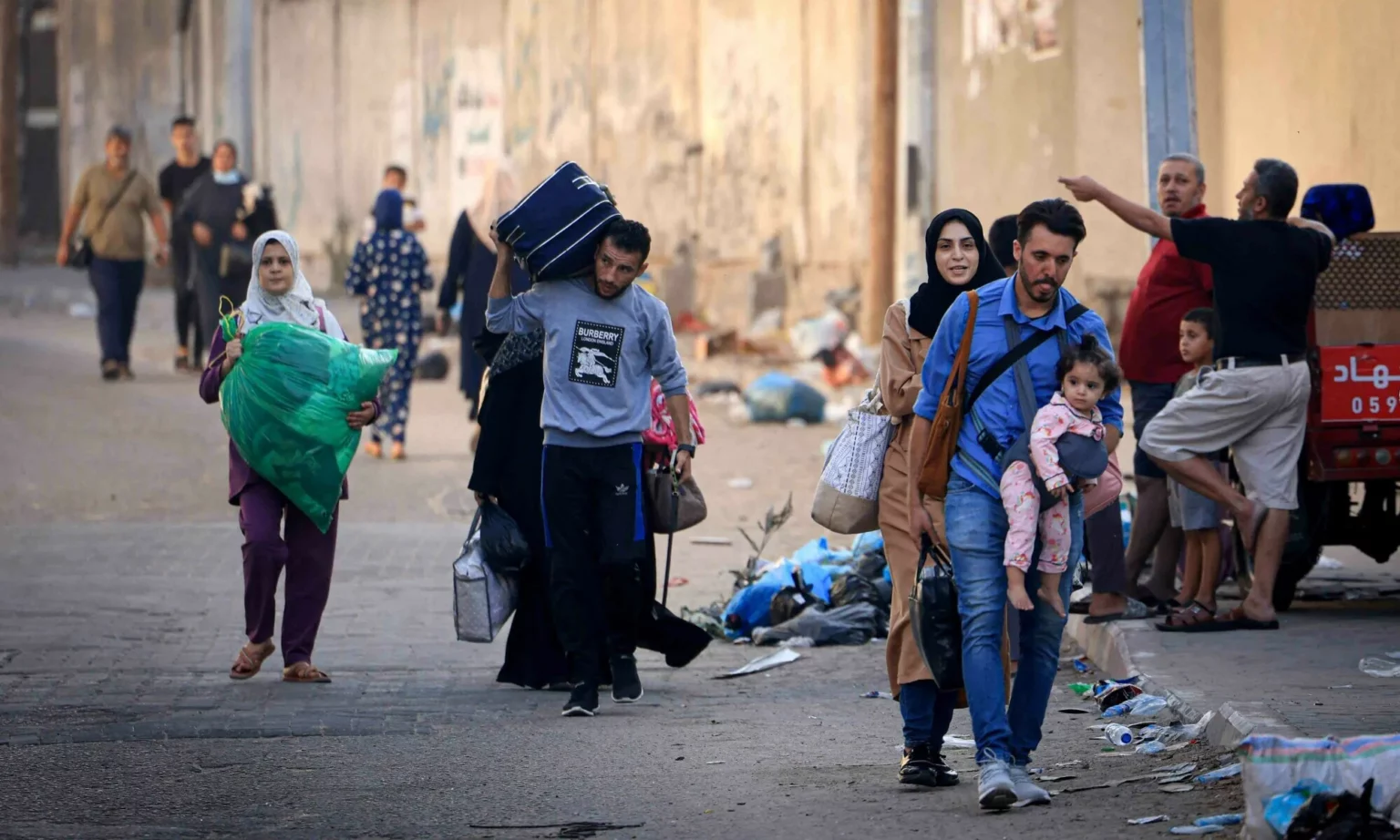As tensions continue to rise in the Gaza Strip, thousands of Palestinians are seeking refuge in the southern region after Israel issued a warning of an impending ground offensive against Hamas. The situation has been described as a “time of war” by Israel’s army chief, and Prime Minister Benjamin Netanyahu has pledged relentless action in response to what he considers Hamas’ deadliest attack, likening it to the impact of 9/11 in the United States.
Hamas’ initial attack caused over 1,300 casualties in Israel, which prompted Israel to respond with airstrikes in Gaza, resulting in more than 1,900 deaths, primarily among civilians, including over 600 children, as reported by the health ministry. The initial assault by Hamas involved the taking of 150 hostages, which added to the casualties during subsequent Israeli air raids.

Hamas is recognized as a terrorist organization by both the European Union and the United States. They have been criticized for using residents as human shields in Gaza, where essential supplies have been cut off. Germany’s Foreign Minister Annalena Baerbock highlighted this practice, emphasizing the dire situation facing civilians.
UN Secretary-General Antonio Guterres has termed the situation a dangerous new low and has called for immediate humanitarian access throughout Gaza. US President Joe Biden shares these concerns, prioritizing efforts to address the humanitarian crisis. These ongoing developments have led to global protests in support of Palestinians and the looming threat of a confrontation with Hezbollah in Lebanon, further complicating the situation.
The displacement of over a million people, nearly half of Gaza’s population, raises significant human rights concerns. The UN has advocated for rescinding the mass evacuation order, highlighting the impossibility of a forced population transfer. Hospitals in Gaza are overwhelmed, struggling to cope with the aftermath of relentless bombardment.
In an attempt to minimize civilian casualties, the Israeli military has dropped evacuation flyers in northern Gaza, urging residents to move south to avoid harm. Nevertheless, the international community has stressed the importance of avoiding disproportionate destruction and protecting civilian lives.
The potential involvement of Hezbollah in Lebanon adds another layer of complexity to the situation. Israel now faces a potential second front, prompting the United States to reinforce its support for Israel and caution against further regional involvement.
Given the toll on civilians and the broader humanitarian crisis, urgent international efforts are required to find a resolution and alleviate suffering. A diplomatic solution is imperative to end the violence and protect civilian lives in the region.




